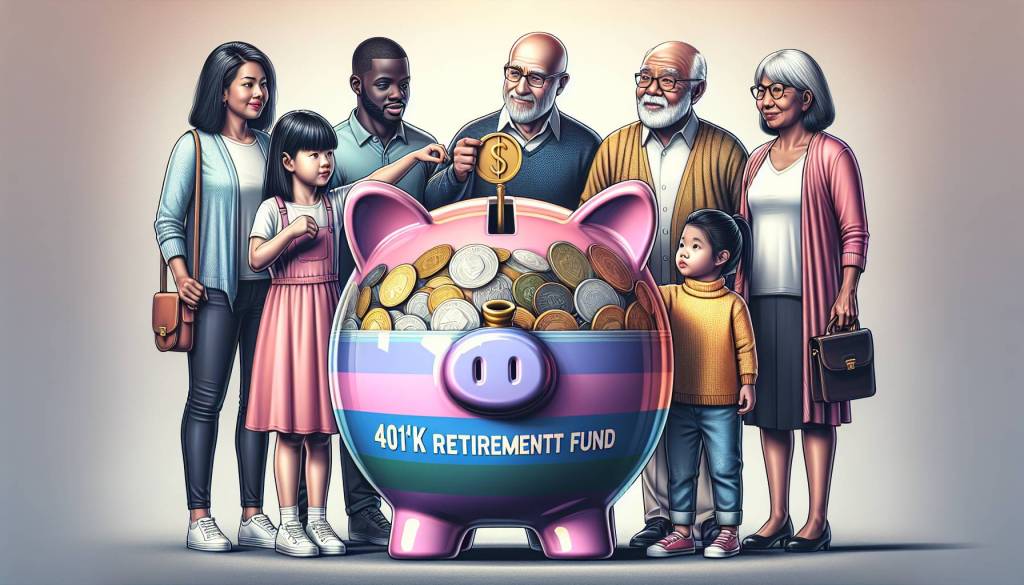With its sparkling skyscrapers, lavish tourist attractions, and affluent residents, Dubai is renowned for its opulent lifestyle. However, the UAE’s ambiguously worded rules prohibit any communication that is considered to be critical of the government or derogatory to the United Arab Emirates, including journalism and satire. An influencer who made a mocking TikTok video about wealthy Emiratis was recently detained in Dubai. We’ll go into the incident’s specifics and what it means for Dubai’s social media influencers in this post.
A brazen Emirati on a shopping binge in a luxury automobile showroom is depicted in a parody video released by Hamdan Al Rind, an Asian citizen of the UAE with over 2.5 million followers on TikTok. In the footage, he can be seen throwing wads of cash at perplexed workers and pledging to buy the priciest vehicle. He is sporting a surgical mask, sunglasses, and a long white robe called a kandura, which is customary for Emirati men to wear. His aides are dragging a stretcher loaded with piles of cash about as he shouts clipped words at the dealership’s staff while speaking in English with a strong Arabic accent.
He was charged with “abusing the internet” by uploading “propaganda that stirs up public opinion and harms the public interest,” according to the Federal Prosecution for Combating Rumors and Cybercrimes. According to the state-run WAM news agency, the movie “promotes an incorrect and insulting mental image of Emirati citizens and ridicules them.”
Al Rind’s arrest date and potential punishments are unknown. Virtually all forms of political dissent and anything that can damage the reputation of the UAE or its leaders are illegal under the cybercrime law, which was passed in January 2022.
Al Rind’s satirical video mocked the opulent lives on show in Dubai. The city has a more permissive dress code than most of the Middle East, bars and clubs that serve alcohol, and even a small local comedy culture. Laws in the UAE, however, prohibit any expression that is seen as being critical of the government or derogatory to the nation.
The video portrays a wealthy Emirati on a spending spree, throwing money around, and ridiculing the employees at the luxury car showroom. Some people found the video offensive, while others thought it was funny. The incident raises questions about the freedom of speech and expression in the UAE, especially on social media platforms.
Some of the richest people in the world reside in the UAE, and Dubai is home to the tallest building in the world, a ski resort inside a mall, and opulent suburbs built on artificial islands styled like the palm tree and the world map. A $2.5 million Bugatti Veyron and a $500,000 Lamborghini Aventador are among the police vehicles in Dubai’s fleet.
Despite being vastly outnumbered by foreigners, Emirati nationals enjoy opulent cradle-to-grave social benefits paid for by the nation’s substantial petroleum reserves. Some Emiratis have recently recorded films of themselves buying expensive vehicles and watches on the spot, riding thoroughbreds through the desert, and driving convertibles with cheetahs and lions riding in the backseat.
However, anything seen to exacerbate political, religious, or ethnic divisions in the very multicultural UAE is subject to the rules banning hate speech and public incitement. Almost all political dissent and actions that could damage the reputation of the UAE or its leaders are prohibited by the laws.
This creates a challenging environment for social media influencers, who need to be cautious about what they post on their platforms. They need to ensure that their content doesn’t cross the line and offend the authorities or Emiratis. Influencers need to be aware of the country’s laws and cultural sensitivities to avoid any legal trouble.
The arrest of Al Rind has sent shockwaves through the social media influencer community in Dubai. Many influencers are now questioning their freedom of speech and expression on social media platforms. They are worried that their content could be misinterpreted or deemed offensive by the authorities, leading to legal trouble.
This incident highlights the importance of being aware of the laws and cultural sensitivities of the country where the influencer operates. Social media influencers need to be careful about what they post on their platforms and ensure that their content doesn’t cross the line. They need to be aware of the potential legal consequences of their posts and act accordingly.
The UAE’s vaguely worded laws make it challenging for social media influencers to operate without fear of legal trouble. The laws are open to interpretation and can be used to stifle free speech and expression.
There is a need for clarity in the laws to ensure that social media influencers can operate without fear of legal repercussions. The laws need to be specific and clear, outlining what is acceptable and what is not. This will help influencers understand the boundaries and avoid any legal trouble.
The arrest of Al Rind has raised questions about the future of social media influencers in Dubai. The UAE is home to many wealthy individuals, and Dubai is a popular destination for tourists. Social media influencers play a significant role in promoting tourism and showcasing the luxurious lifestyle of Dubai.
However, the incident has sent a warning to influencers to be careful about what they post on their platforms. They need to be aware of the laws and cultural sensitivities of the country and ensure that their content doesn’t cross the line.
The future of social media influencers in Dubai depends on the clarity of the laws and the authorities approach to enforcing them. If the laws are specific and clear, and the authorities are reasonable in their interpretation and enforcement, social media influencers can continue to operate in Dubai.
The arrest of Al Rind for making a satirical TikTok video of wealthy Emiratis highlights the challenges faced by social media influencers in Dubai. The UAE’s vaguely worded laws make it challenging for influencers to operate without fear of legal trouble, and the incident has sent shockwaves through the influencer community.
Social media influencers need to be aware of the laws and cultural sensitivities of the country and ensure that their content doesn’t cross the line. There is a need for clarity in the laws to ensure that influencers understand the boundaries and avoid any legal trouble. The future of social media influencers in Dubai depends on the clarity of the laws and the authorities approach to enforcing them.
First reported by Fox News.













